Crm software hipaa compliant – The healthcare industry deals with sensitive patient data, making compliance with the Health Insurance Portability and Accountability Act (HIPAA) crucial. Choosing the right Customer Relationship Management (CRM) software is paramount for maintaining patient privacy and avoiding hefty fines. This guide provides a detailed overview of HIPAA compliant CRM software, helping you understand its features, benefits, and selection process.
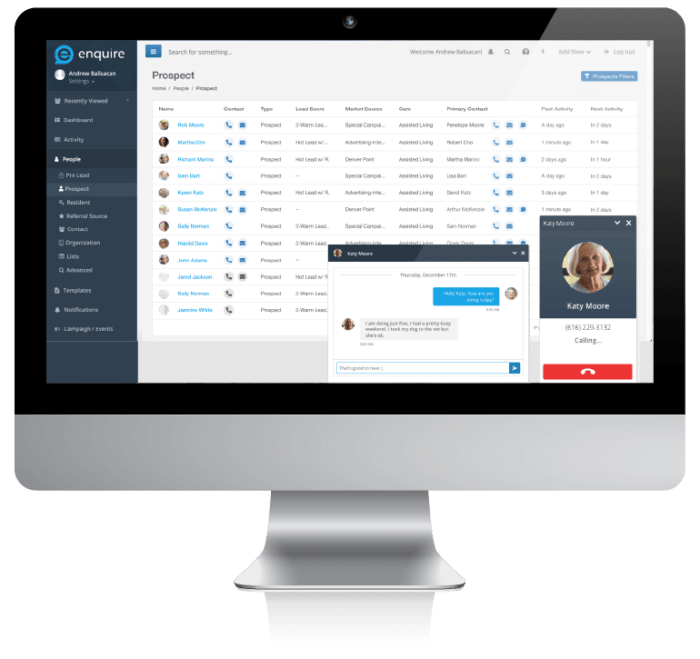
Source: jotform.com
We’ll explore key considerations, including data encryption, access controls, audit trails, and business associate agreements (BAAs).
Understanding HIPAA Compliance for CRM Software
HIPAA regulations aim to protect the privacy and security of Protected Health Information (PHI). PHI includes any individually identifiable health information, such as medical records, billing information, and communication details. If your CRM system stores or processes PHI, it must adhere to HIPAA’s stringent security and privacy rules. Failure to comply can lead to significant financial penalties and reputational damage.
This necessitates a deep understanding of HIPAA’s security rule, which focuses on administrative, physical, and technical safeguards.
Key HIPAA Security Rule Components Relevant to CRM Software:, Crm software hipaa compliant
- Administrative Safeguards: These involve policies and procedures for managing risk, including employee training on HIPAA compliance, risk assessments, and incident response plans. Your CRM vendor should demonstrate robust administrative safeguards.
- Physical Safeguards: These protect physical access to electronic information systems and data centers. This includes measures like access control, surveillance, and environmental controls. Cloud-based CRM solutions must ensure their data centers meet these requirements.
- Technical Safeguards: These focus on the technological aspects of data security, including access controls, audit trails, encryption, and integrity controls. This is where your CRM software’s features play a crucial role.
Essential Features of HIPAA Compliant CRM Software: Crm Software Hipaa Compliant
Selecting a HIPAA compliant CRM requires careful consideration of several critical features. These features are designed to ensure that your patient data remains secure and confidential.
1. Data Encryption
Encryption is crucial for protecting PHI both in transit and at rest. Look for a CRM that uses strong encryption algorithms like AES-256 to safeguard data from unauthorized access. This ensures that even if data is intercepted, it remains unreadable without the decryption key.
2. Access Controls
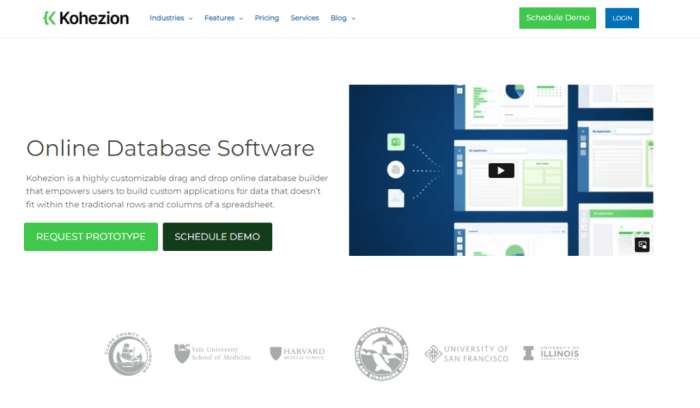
Source: kohezion.com
Robust access controls are vital to limit access to PHI based on the roles and responsibilities of individual users. The CRM should allow for granular permission settings, ensuring that only authorized personnel can view and modify sensitive information. Role-based access control (RBAC) is a standard feature to look for.
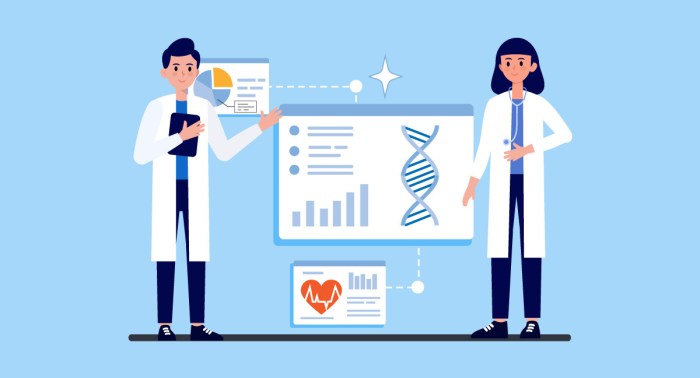
Source: softwaresuggest.com
3. Audit Trails
A comprehensive audit trail is essential for tracking all activities related to PHI. This allows you to monitor access, modifications, and deletions of patient data. A detailed audit trail is crucial for demonstrating compliance and investigating potential security breaches.
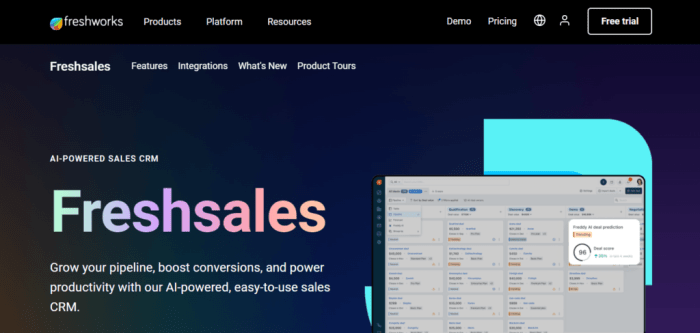
Source: kohezion.com
4. Business Associate Agreements (BAAs)
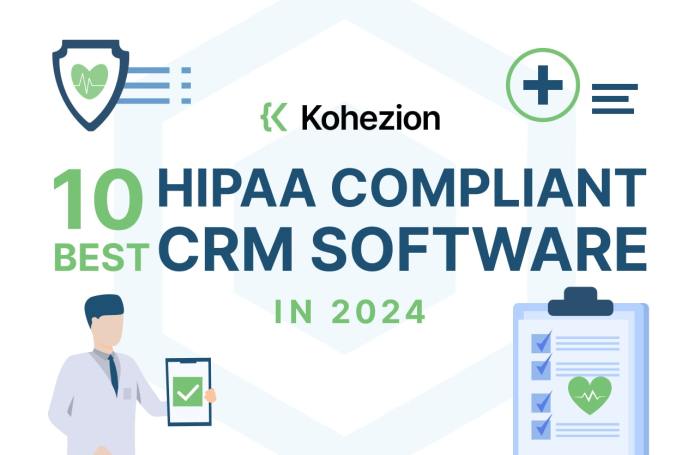
Source: kohezion.com
If you’re using a third-party CRM provider, ensure they offer a Business Associate Agreement (BAA). A BAA is a legally binding contract that Artikels the responsibilities of the vendor in protecting PHI. It’s a critical component of HIPAA compliance for outsourced services.
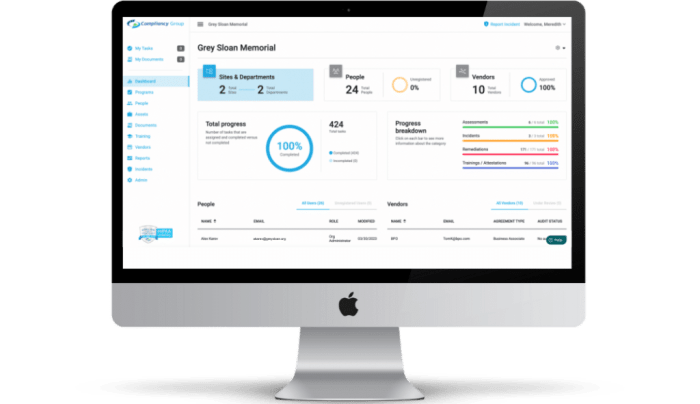
Source: compliancy-group.com
5. Data Backup and Disaster Recovery
HIPAA requires robust data backup and disaster recovery plans to ensure business continuity in case of a system failure or natural disaster. Your CRM provider should have a well-defined plan for data backup, restoration, and disaster recovery.
6. User Authentication and Authorization
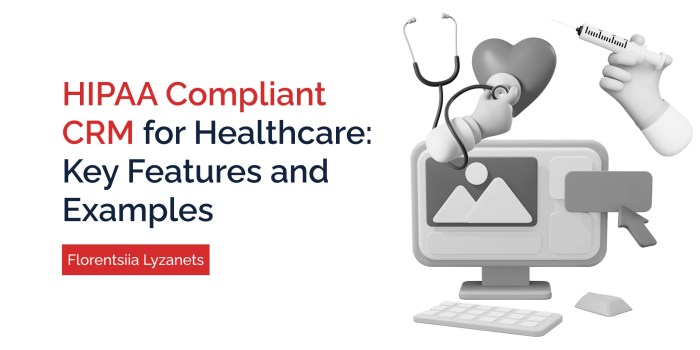
Source: keenethics.com
Strong authentication methods, such as multi-factor authentication (MFA), are essential to prevent unauthorized access. The CRM should support MFA and other strong authentication mechanisms to verify user identities.
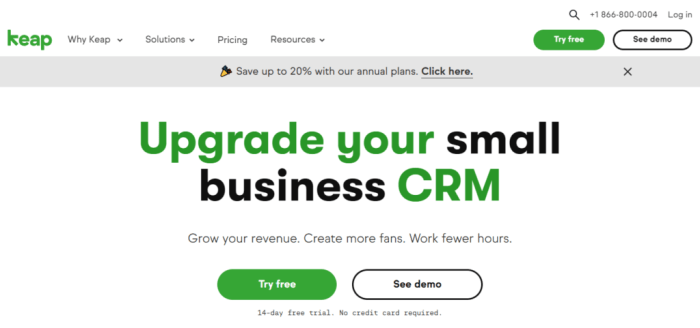
Source: kohezion.com
7. Regular Security Updates and Patches

Source: compliancy-group.com
Software vulnerabilities can create security risks. Choose a vendor that provides regular security updates and patches to address any known vulnerabilities and keep the CRM software up-to-date with the latest security protocols.
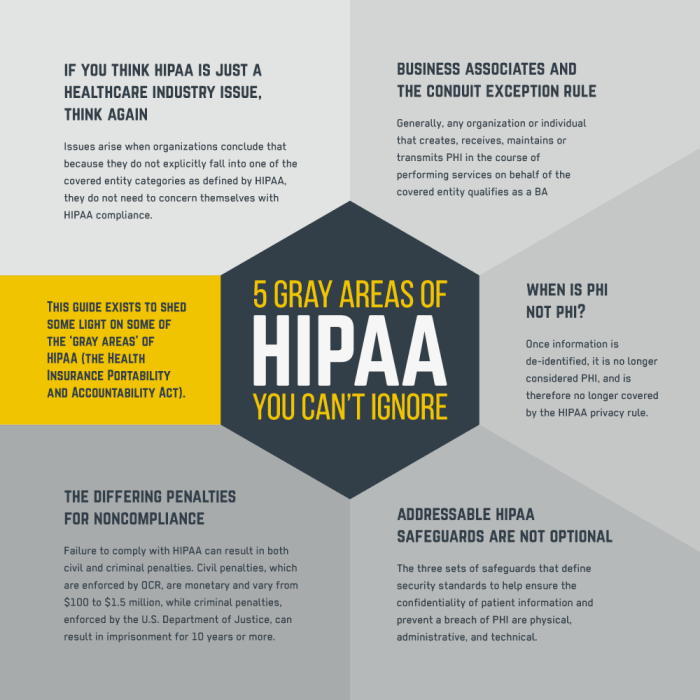
Source: saaslist.com
Choosing the Right HIPAA Compliant CRM Software
Selecting the appropriate HIPAA compliant CRM involves a thorough evaluation process. Consider the following factors:
- Vendor Reputation and Experience: Research the vendor’s track record and experience in the healthcare industry. Look for vendors with a proven commitment to HIPAA compliance.
- Scalability and Flexibility: Choose a CRM that can scale with your practice’s growth and adapt to your evolving needs.
- Integration Capabilities: Ensure the CRM integrates seamlessly with your existing healthcare systems, such as electronic health records (EHRs).
- Customer Support: Reliable customer support is crucial for addressing any technical issues or compliance questions.
- Pricing and Contract Terms: Carefully review the pricing model and contract terms to ensure they align with your budget and requirements.
Frequently Asked Questions (FAQs)
- Q: What are the penalties for HIPAA violations?
A: Penalties for HIPAA violations can range from $100 to $50,000 per violation, with a maximum of $1.5 million per year. The severity of the penalty depends on the nature and extent of the violation. - Q: Is cloud-based CRM software HIPAA compliant?
A: Yes, cloud-based CRM software can be HIPAA compliant, provided the vendor implements appropriate security measures and offers a BAA. - Q: How can I ensure my CRM vendor is truly HIPAA compliant?
A: Ask for their BAA, review their security policies and procedures, and verify their certifications or attestations related to HIPAA compliance. Independent audits can also provide assurance. - Q: What is a Business Associate Agreement (BAA)?
A: A BAA is a contract between a covered entity (healthcare provider) and a business associate (vendor) that Artikels the responsibilities of the business associate in protecting PHI. - Q: What are some examples of HIPAA compliant CRM software?
A: Several vendors offer HIPAA compliant CRM solutions. Researching and comparing different options based on your specific needs is recommended. Specific vendor names should not be mentioned here to avoid bias and ensure up-to-date information is sought independently by the reader.
Conclusion
Choosing a HIPAA compliant CRM is essential for protecting patient data and maintaining compliance. By carefully considering the features, selecting a reputable vendor, and implementing robust security measures, healthcare providers can safeguard sensitive information and avoid potential legal repercussions. Remember to thoroughly research vendors, review their security protocols, and ensure a BAA is in place before implementing any CRM solution.
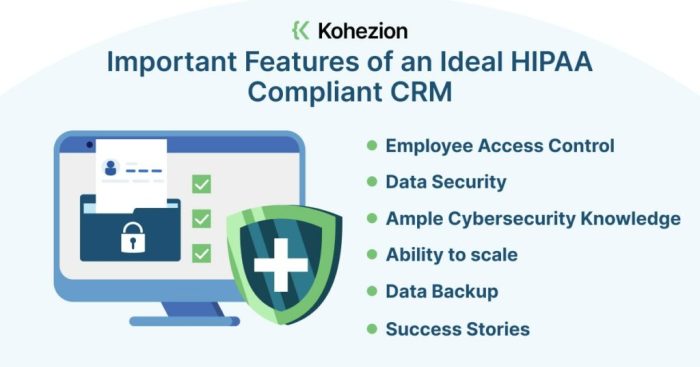
Source: kohezion.com
Call to Action
Ready to find the perfect HIPAA compliant CRM for your practice? Start your search today by researching reputable vendors and comparing their features and security measures. Don’t compromise on patient data security – choose a solution that prioritizes compliance and protects your patients’ information.
Key Questions Answered
What specific features should I look for in HIPAA-compliant CRM software?
Look for features like data encryption both in transit and at rest, role-based access controls, audit trails, secure authentication methods, and business associate agreements (BAAs).
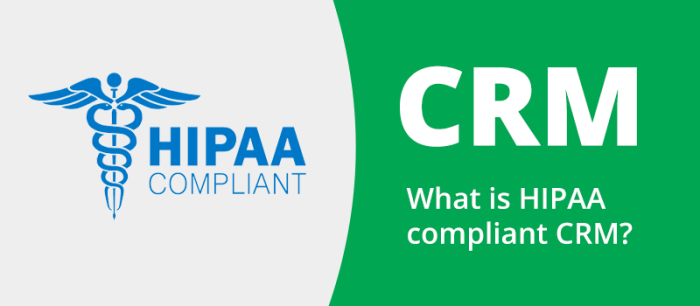
Source: onpipeline.com
How often should I review my CRM software’s HIPAA compliance?
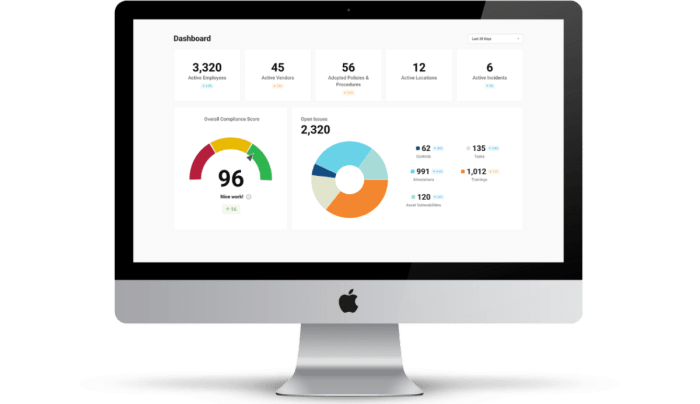
Source: compliancy-group.com
Regular reviews, at least annually, are recommended to ensure the software continues to meet evolving HIPAA requirements and best practices. Consider more frequent reviews if significant updates or changes occur within the organization or the software itself.
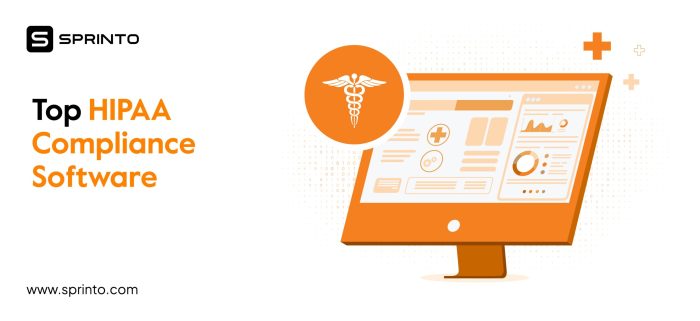
Source: sprinto.com
What happens if my HIPAA-compliant CRM software experiences a data breach?
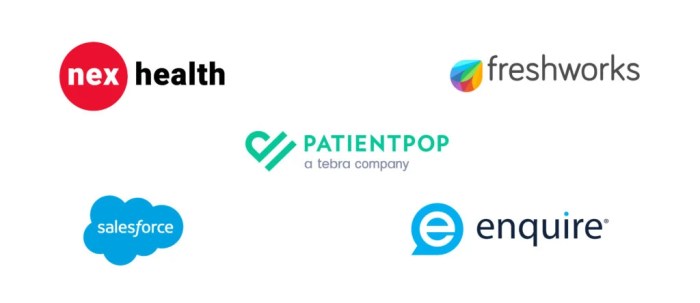
Source: keenethics.com
A breach necessitates immediate action, including notification of affected individuals and regulatory authorities as per HIPAA guidelines. A comprehensive incident response plan should be in place to manage the situation effectively and minimize further damage.
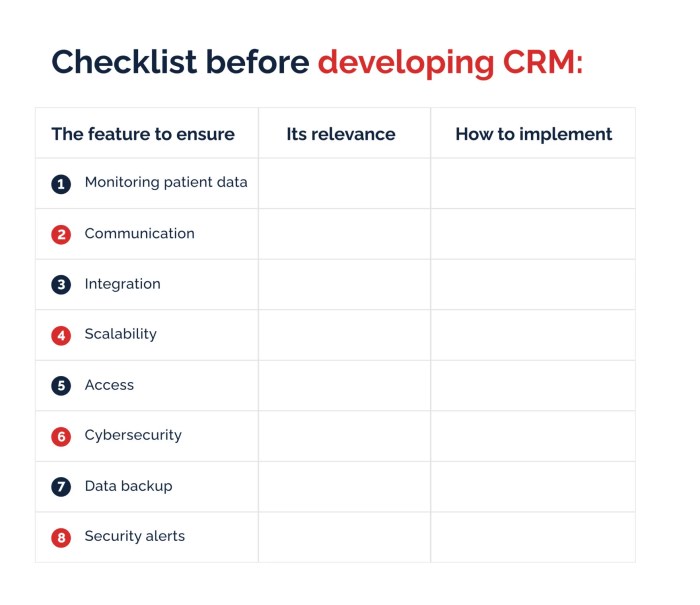
Source: keenethics.com
Can I use a cloud-based CRM that is HIPAA compliant?
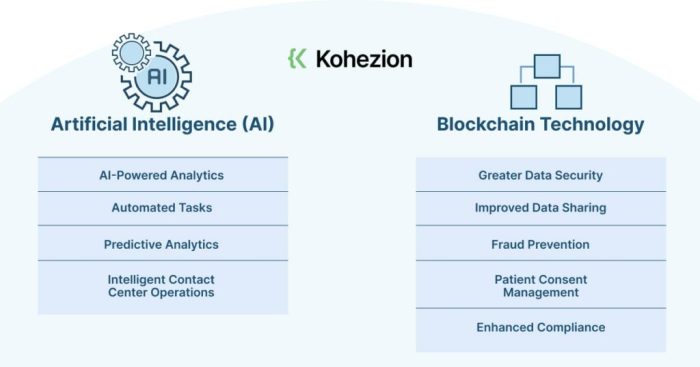
Source: kohezion.com
Yes, many cloud-based CRM solutions offer HIPAA compliance. However, it’s crucial to verify the vendor’s certifications and security measures before selecting a cloud-based option.
